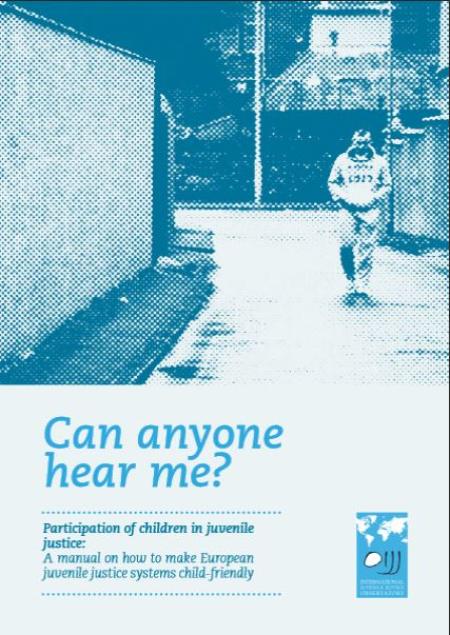- Se connecter ou s'inscrire pour poster un commentaire
- 28 vues
The main objective of the project “Improving juvenile justice systems in Europe: Training for professionals” is to improve juvenile justice systems in Europe and to understand where they can be made more efficient and child-friendly, focusing on a better implementation of the Guidelines of the Council of Europe on Child Friendly Justice and other international and European standards. Led by the IJJO, the project is based on the recommendations made in the ECJJ White Paper on “Improving Youth justice Systems during a time of Economic Crisis” (2013). The White Paper highlights the need for more action to be taken at a local and national level, in particular, the need for more training of professionals and to form organised groups of stakeholders at a national level. Moreover, it is recommended that juvenile justice professionals should acquire specific knowledge concerning children’s rights, international and European standards and communication with children in order to foster their re-integration.
Therefore, the project intends to put the voice of the child at the heart of juvenile justice systems by providing information, knowledge and training to juvenile justice national authorities and staff working with juvenile offenders at a European level. The project focuses on improving juvenile justice national systems and exchanging promising practices concerning juvenile offenders subject to sanctions or measures. This will promote a better implementation of international standards concerning children in conflict with the law.
A training package composed of this Manual, a Toolkit for Professionals and a series of videos featuring young people in conflict with the law has been developed, and has been adapted into an online training course avaliable on the International School of Juvenile Justice, the IJJO e-learning platform. Through the two publications of this project, the Manual and the Toolkit, we expect to participate in the improvement of know-how, knowledge and good practices among juvenile justice stakeholders, with the underlying goal of effectively listening to the voice of children in conflict with the law. The momentum created by the new Directive will certainly be an asset to the sustainability of the project’s results. In this context, the IJJO will endeavour to help Member States with the implementation of the Directive through continuous dissemination of the project’s training package, including the online training course, as well as tailor-made programmes of technical assistance.






